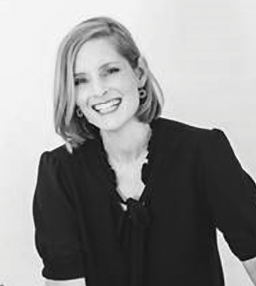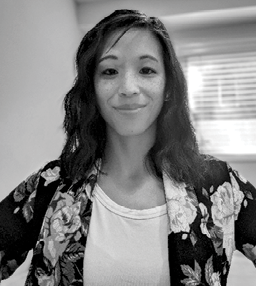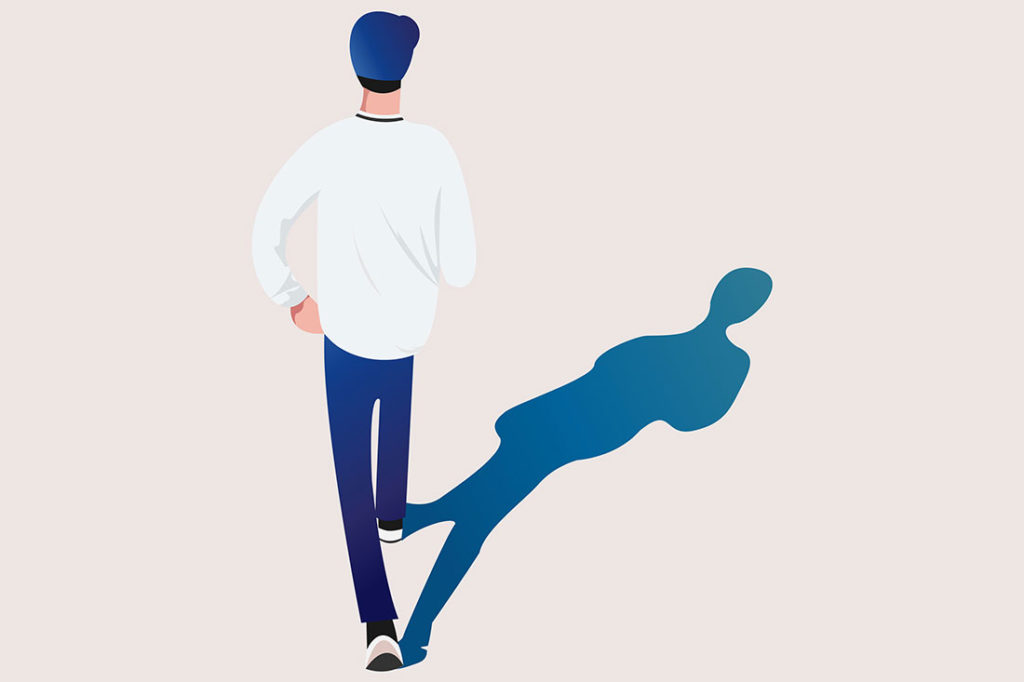We feel it every year: January arrives with a clean slate, a fresh opportunity to take a cold, hard look at our lives and and slice out the bad habits while making an attempt to build upon better ones.
That’s the point of this whole issue of the magazine. But we produce a similar issue every year at this time.
So seriously, how many years in a row are we going to promise to hit the gym and cut out that Friday drive thru habit?
Human behavior researchers are always looking for new and better ways to help us overcome those flaws that make us, well, human. But you may be surprised (or not) to know that these same researchers are some of the worst at following their own advice—so says Wendy Wood, a psychology professor at the University of Southern California.
“My father (who was a physicist) used to comment, ‘Scientists who study gravity still fall down.’ Understanding something is not the same as controlling it in your own life,” Wood says.
The difference, of course, is that these researchers are more consistently exposed to tried-and-tested ways to overcome and replace bad habits. The first step, of course, is acknowledging when you’re off course. Maybe one cheat day turned into a cheat week and now you don’t know the last time you’ve eaten something that didn’t come from the freezer section.
Entrepreneurs can be the worst offenders. With a passionate arsenal of rationalizations, self-care habits are some of the first to go. It’s important to remember why you chose these habits in the first place. For example, raising your heart rate every day can quite literally extend your life. After a quick motivation reminder, move onto our list of time-tested habit enforcers below.
1. The good, the bad and the consistent.
Wood found that by pairing a negative and positive experience together, she was not only better able to stick to good habits, but she actually learned to enjoy what was once a negative experience. For example, after a long day at the office, many people aren’t thrilled about another 30 minutes on the stair climber. Intead, pair that dreaded 30 minutes with an episode of Working Moms that you were planning to watch from the couch. If you dread putting together a monthly expense report, take the work to your favorite restaurant or outdoor venue with live music.
Habit building can feel grueling at times, but it doesn’t have to be. Pair it with activities, people and places that already bring you joy. In turn, you’ll build a habit that you associate with joyful memories
2. Make your own new year.
A year is a long time. That’s 365 chances to say “maybe tomorrow.” One recent survey found that creating multiple fresh starts can give small boosts throughout the year. By doing this, we not only allow ourselves the grace to start over more than once per year, but we also learn to appreciate how many fresh starts we truly have. For an added bonus, attach your fresh start to an already meaningful day. Examples include your birthday, closing day on a new house or car or the first day of summer. Pro tip: Avoid making your fresh start on a Monday if you can. We have enough Sunday Scaries to manage without the added pressure of a new year, new week, new you.
3. Welcome discomfort.
No matter how many research articles we read about the joy of stepping outside of the comfort zone, it rarely feels like anything resembling joy in that moment. Creating and maintaining good habits is a naturally uncomfortable experience. After a few weeks, we’ve forgotten all about the wholehearted commitment we made. All we can see now is how tired and sore we feel, how far the gym is and how terrible traffic is at this time of day. Relish that feeling and go anyway. It’s going to be terrible right now, yes, but you’re going to feel better after.
4. Lighten up.
Missing one day of yoga doesn’t make you a failure. We already know that sticking to habits, no matter their size, is incredibly hard. Change is difficult. Accept that failure comes with it. When you’re new at this habit-building thing, what makes you think perfection should happen immediately? Give yourself a break and plan for the days when you just don’t feel like it. The next day, pick up right where you left off.
Related: The Complete Guide to Achieving Your New Year Goals
We spoke to three entrepreneurs who have found creative ways to stick to good habits. Check out what they had to say.

Mike Falahee
Founder and CEO of Marygrove Awning Co, South Lyon, Michigan
Take should out of your vocabulary. The word should has so many connotations associated with it—most of them negative. Enough about what you should have done, should do in the future and should be doing right now. If you’re thinking about what you should do, you’re not actively participating in anything, regardless of what you’re doing.
If you remove that negative word, you remove a lot of the guilt associated with it. Although guilt can be a motivator, most of the time it is counterproductive and gets you into a rut of negativity that’s hard to bounce back from.
Instead of saying should, be committed and direct about whatever it is you’re doing. “I am having steak tonight.” End of story. Don’t worry if you should be having a salad. If having a steak isn’t part of your plan, then say, “Tonight I’m having steak; tomorrow I’m having salad.” This is guilt-free and more apt to form a positive habit that you’ll stick with, rather than a negative one that you’ll give up at a moment’s notice.

Emma Leigh Geiser
Personal Finance Coach, Reno, Nevada
Morning is definitely the pivotal moment in my business and mindset. It doesn’t look the same every day, but I work to keep the general vibe. I have to keep my phone in the kitchen overnight and while I get ready in the morning. Otherwise, I’ll disappear into the social media pit only to emerge much later. The one exception is when my husband is traveling. I’ll look for a text message from him in the morning and respond. Then it’s back to the counter for my phone.
I also log out of social media on my phone and computer. I am a creature of procrastination and will mindlessly click to a site. Seeing the login screen instead of my feed is enough to make me think about what I’m doing with my precious time.
The routine isn’t what’s important to me. What’s really important is preserving the first chunk of my day for myself. None of us really want to let social media into our lives that early, but we do because we’re addicted to checking our phones. When I get my phone out of the way I’m able to get some me time and think about what I want the day to look like. I have some of my best ideas in those first few minutes to hours of my morning and it kills me to think that for years I was blocking those by hitting snooze, looking at Facebook and Instagram, or watching the news.

Alina Liao
Founder and CEO of Zenit, Washington, D.C.
One method that has worked for me is sandwiching new habits between existing ones. For example, for years I tried to meditate daily, given the health and productivity benefits of meditation. I knew it would support my growth as a person and entrepreneur, but I couldn’t seem to fit it in. Even five minutes daily felt like too much.
I finally became consistent when I sandwiched meditation between two existing habits—breakfast and coffee. Now, my daily routine includes: breakfast, meditate for 10 minutes, coffee. It’s great because I really need my breakfast and coffee, so it was surprisingly easy to stick with meditation once I sandwiched it in between two essentials.
I’ve also been working on taking more regular time for reflecting on lessons learned. As an entrepreneur, pressing pause is never easy. I learned that I need to be more intentional about creating time and space to pause and reflect. So I changed my weekly schedule so Fridays are fully dedicated to reflection.
Dedicating Fridays to tasks that all center around reflecting and learning not only has been helpful for sticking to this habit, but also has helped me feel more rejuvenated at the end of each week, and more inspired going into the following week. This helps my work as an entrepreneur feel more sustainable.
This article originally appeared in the January/February 2020 issue of SUCCESS magazine.
Image by Boszud/Shutterstock.com



